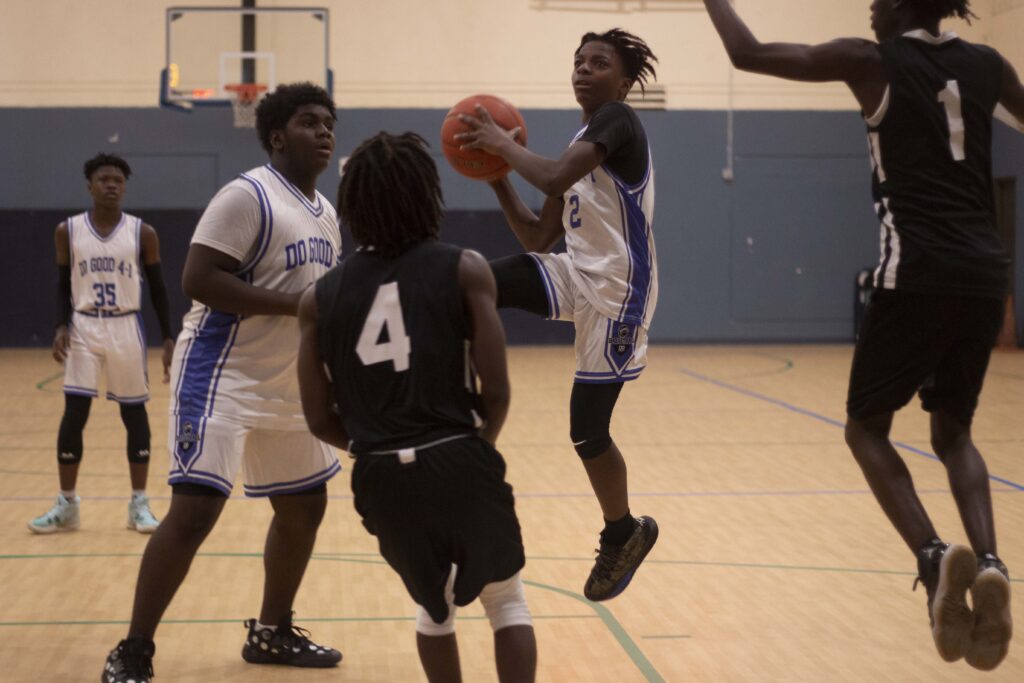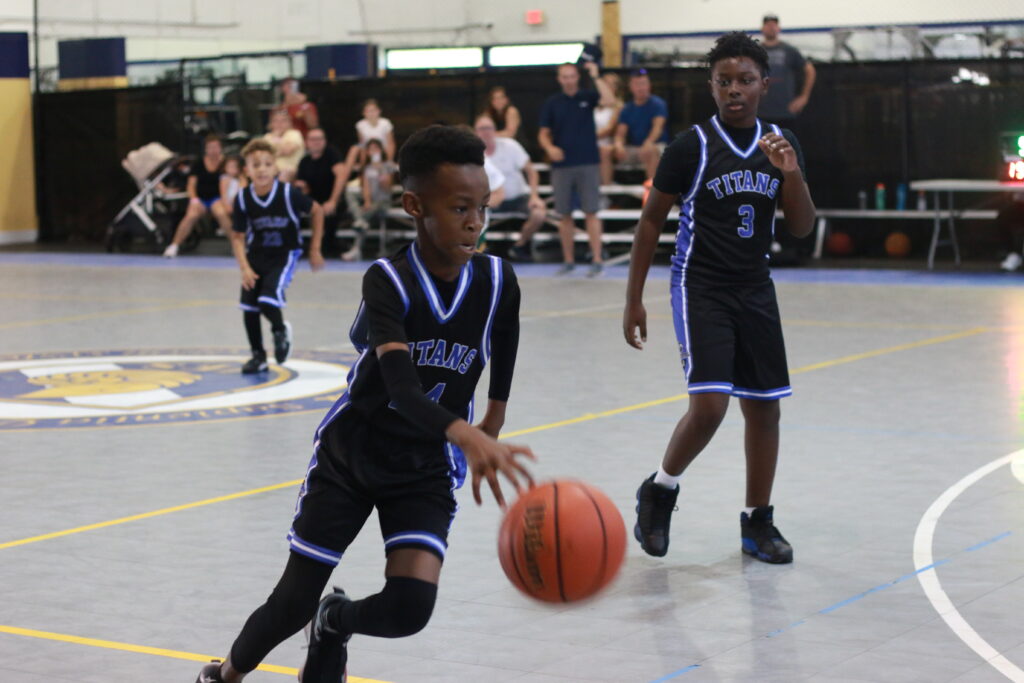Athletics
Sport is so positive for young adults, and creates such a great outcome for society that it is disheartening to see this statistic so high. In our everyday lives, there is always so much going on and it can be easy to lose sight of the big picture. When I read statistics like the above, I personally appreciate what a significant contribution sport has made to my life and how important the role all coaches make, not just to sport, but to our communities and individual lives as well.
When planning training session’s week in, week out, coaches may not be thinking about the important role they are playing in the lives of the young adults they are coaching, or how their guidance is shaping the next generation. Why you coach has a lot to do with your philosophy on coaching and sport, most coaches choose to coach for the love of the game. As a coach you do so much more than just teach technique or sports tactics.

“My Philosophy on sport is that it is a vehicle to help teach young people some great skills so they can become successful contributors to society.”
Sport helps youths to become better contributors to society. Research shows a child’s involvement in sport helps them to improve their social interaction, increase their confidence, and improve their listening skills and health. Participation in sport is linked to higher grades, lower dropout rate, reduced truancy and lower crime rates. This manifests in some compelling statistics such as:
95% of Fortune 500 executives participated in high school athletics.
96% of dropouts in 14 school districts in seven regions of the nation were not participating in an athletic program.
But when kids are participating in sport, they are not thinking about how it will make them less likely to get involved with drugs. Young people have their own reasons for staying in sport.
Youths, play sport to have fun, belong to a group, find excitement and gain recognition. It allows them to improve their skills and learn new ones, become fit, and find “success” (which is not shown on the scoreboard alone).
When children are playing sport, they are learning how to interact with the world around them and the people in it. In sport, children learn how to contribute to something bigger than themselves.
So Why Do Children Dropout?
So why do children drop out of sport? Coaches and parents often have more impact than they realize on whether children continue to play sport into adolescence and adult years. In a NCAA Study of nearly 9000 athletes where participants were asked “Why a career in college athletics was not in your future?”
23% stated poor relationship with coach
19% stated poor relationship with coach before college
Read our article on Sporting Parents are Influential Role Models to see how parents can either make or break a child’s sporting experience.

Another contributor is the overall life of student-athletes today. As children get older, the time they spend practicing for and playing each sport they participate in increases. Soon they have to choose between sports, as their lives become more hectic. Then the pressure of school kicks in and more children fall by the wayside, feeling like they don’t have enough time to play sport, despite the emotional and physical advantages that participating in sport gives them. The draw of TV and video games can also contribute to the dropout rate with youth sports let alone the myriad of other choices today’s youth can make.
With all these factors potentially moving children away from sports, it makes it so critical for coaches to do what they can to keep children interested in sport. As a coach of youth sport, I aim to ensure that when I coach, I am conscious of the fact these young people, are choosing to be here. They could be somewhere else. How is my behavior going to impact them and the way I structure (or not) their experience in sport is going to play a part in them coming back for more sport next week.
I am also aware of the message or theme created through my coaching behavior is having on the children and have I created an environment where each child is valued regardless of their ability. Or have I started favoring the talented athletes already? Have I made my intentions clear to their parents as to what sport is about in this organization? Are the children receiving one message from me and a different message from their parents? There are lots of differing facets to be aware of as a coach and the most important is summed up, with knowing how critical your behavior is in the future choices your young people are going to make in regard to whether they chose sport or something else.

